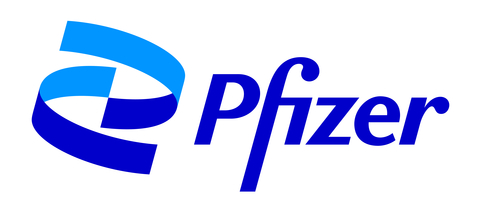
July 24, 2023 – Pfizer announced immediate efforts to provide relief and repair the damage caused to its manufacturing facility in Rocky Mount, North Carolina after a violent tornado swept through the town on Wednesday, July 19. All 3,200 local Pfizer colleagues reporting to this manufacturing site are safe and accounted for after excellent implementation of the site’s long-standing evacuation plan. Crews are working around-the-clock to restore power, assess the structural integrity of the building and move finished medicines to nearby sites for storage.
Pfizer also announced a donation to the American Red Cross North Carolina Chapter and United Way Tar River Region to support the relief and recovery needs. Additionally, the Pfizer Foundation will match employee donations to these organizations.
The site is closed while the damage is assessed. Pfizer is committed to rapidly restoring full function to the site, which plays a critical role in the U.S. healthcare system. This effort is in close partnership with the U.S. Food and Drug Administration Commissioner Robert Califf, North Carolina Governor Roy Cooper as well as other state, local and federal officials.
Most of the damage was caused to the warehouse facility, which stores raw materials, packaging supplies, and finished medicines awaiting release by quality assurance. Pfizer is working diligently to move product to other nearby sites for storage and to identify sources to replace damaged raw materials and supplies. Pfizer is also exploring alternative manufacturing locations for production across our significant manufacturing presence in the U.S. and internationally and across the company’s partner network. After an initial assessment, there does not appear to be any major damage to the medicine production areas.
Since 1968, the Rocky Mount facility has been a key producer for sterile injectables. Currently, it is responsible for manufacturing nearly 25 percent of all Pfizer’s sterile injectables – including anesthesia, analgesia, therapeutics, anti-infectives and neuromuscular blockers – which is nearly 8 percent of all the sterile injectables used in U.S. hospitals. The site is one of 10 Pfizer manufacturing sites located in the United States.
